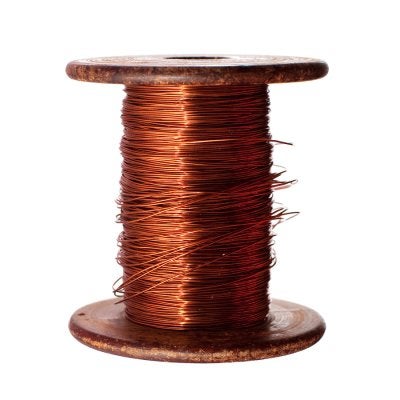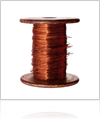Metal recycling benefits the environment and can also help your company save money. If you’re a business owner interested in taking advantage of industrial recycling in Atlanta , then keep reading to learn some of the facts you should know about non-ferrous metal recycling. 
The Characteristics of Non-Ferrous Metals
Non-ferrous refers to any metals other than ferrous metals. Ferrous metals are metals and metal alloys that contain iron, for example, carbon steel and cast iron. Common non-ferrous metals include copper, zinc, tin, aluminum, nickel, and lead. However, precious metals like gold and silver are also non-ferrous. There is a broad range of consumer and commercial goods that contain recyclable non-ferrous metals, such as soda cans, electronic circuitry, car radiators, and airplane components. Non-ferrous metals are more malleable and resistant to corrosion and rust than ferrous ones, and they are also more lightweight, which makes them good options for products that require strength but for which weight is a concern. Lastly, non-ferrous metals are non-magnetic, which is why they are used for wiring and electronic circuitry.
The Recycling of Non-Ferrous Metals
Non-ferrous metals are particularly valuable when it comes to recycling because these materials do not break down or lose their properties during the process. These characteristics mean that non-ferrous metals can be recycled infinitely without losing their physical or chemical attributes. Although non-ferrous metals make up a relatively small portion of all metal that is recycled in the U.S., what is recycled accounts for a significant amount of metal recycling profits. Non-ferrous metal materials that are collected for recycling are transported to industrial consumers, such as refiners, foundries, and smelters, providing these entities with affordable and eco-friendly access to valuable non-ferrous scrap. These industrial consumers process the scrap metal, which is an energy-efficient alternative to processing raw ore, to create new products and begin the material’s life cycle anew. If your business produces non-ferrous scrap metal, then you might benefit from metal recycling services.

